I don't know what it is, but there's something about crushes that can make me—and I'm guessing you—act totally out of character. I've visibly changed color at the casual mention of someone's name and spent too much time creeping on a crush's Instagram…and the accounts of everyone they've ever tagged. Being intensely infatuated with someone has not resulted in my finest moments.
But it's not my fault or yours! Though crushes can be a major source of embarrassment and are often linked to raging teenage hormones, they can happen whether puberty is a recent occurrence or something you've conveniently blocked out. They can also strike when you're in a relationship with someone else, even a completely committed one.
Yes, having an all-consuming crush is normal, and it's one of the ways our minds seek connection with others. Still, being really, really into someone can be an emotional rollercoaster, making you feel anxious, stressed, insecure, and lots of other uncomfortable emotions.
So what's really going on in our brains when bae walks in? We asked the experts to explain why we get crushes, how they alter our brain chemistry, and how to chill out.
How crushes mess with your mind
If it seems to you that experiencing lust, attraction, and attachment all at the same time does something to your brain, you're not wrong! Granted, much of what we know about how crushes impact our brains comes from studies about people in love. So, you know, grain of salt for the rest of us with casual crushes. But as this 2010 review suggests, when you love someone (or maybe just really like them), the reward system in your brain is more active. This reward system is related to some feel-good hormones you might have heard of: oxytocin and dopamine.
If having a crush or talking to them is stressful for you, you can also expect adrenaline levels to bubble up, which can make you feel aroused or even more attracted to someone, per a 2018 review article. That adrenaline spike also explains how you might feel flushed, warm, and all sweaty and weird in front of your crush, explains neuroscientist Stephanie Cacioppo, PhD.
With all that going on, having a crush can often give you a sense of intense euphoria and giddiness that makes you feel bonded to someone (even if you barely know them) and maybe a little obsessed with them, Dr. Cacioppo explains.
Keep reading to learn more about the science of crushes—and how to chill out.



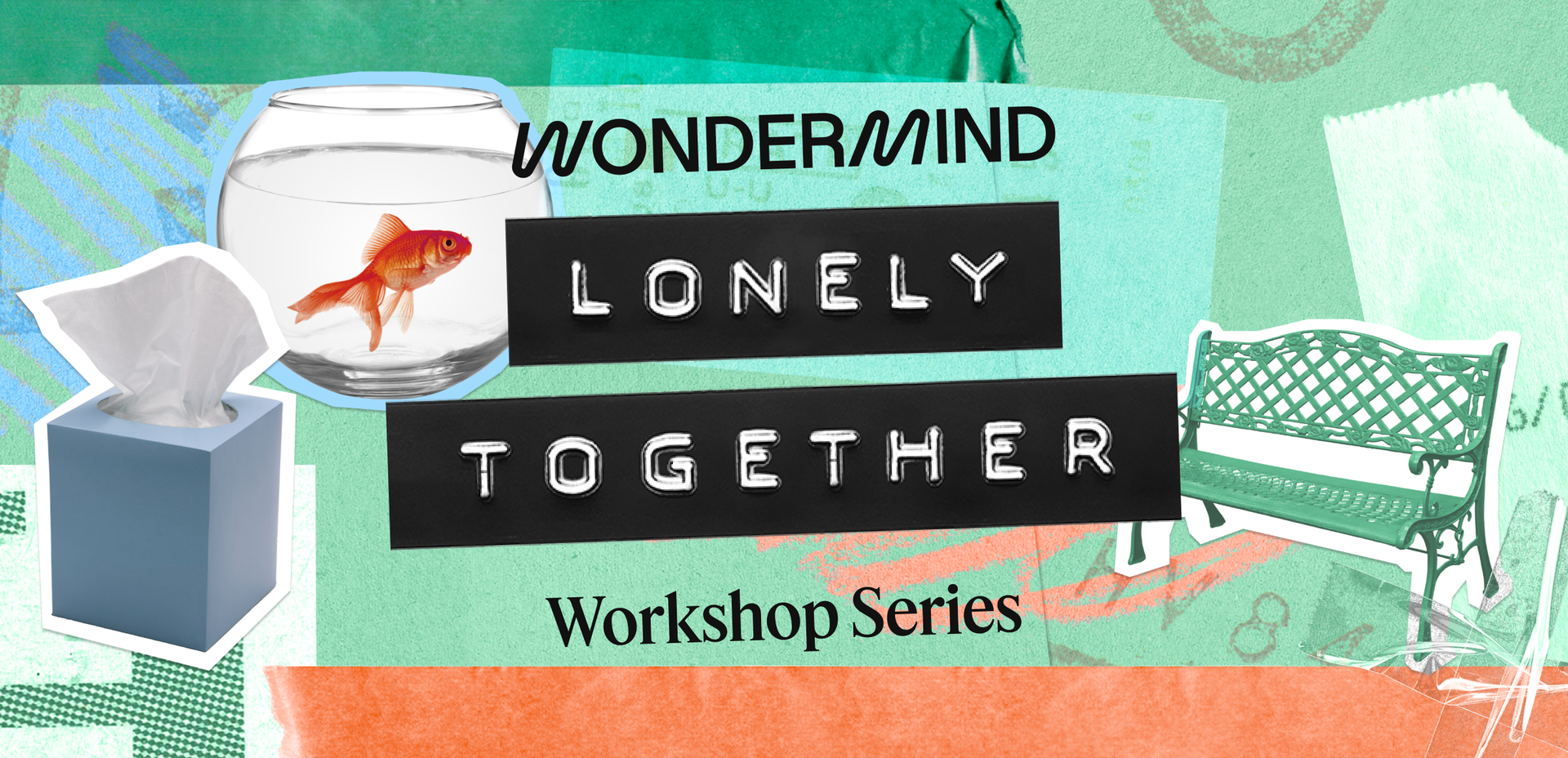
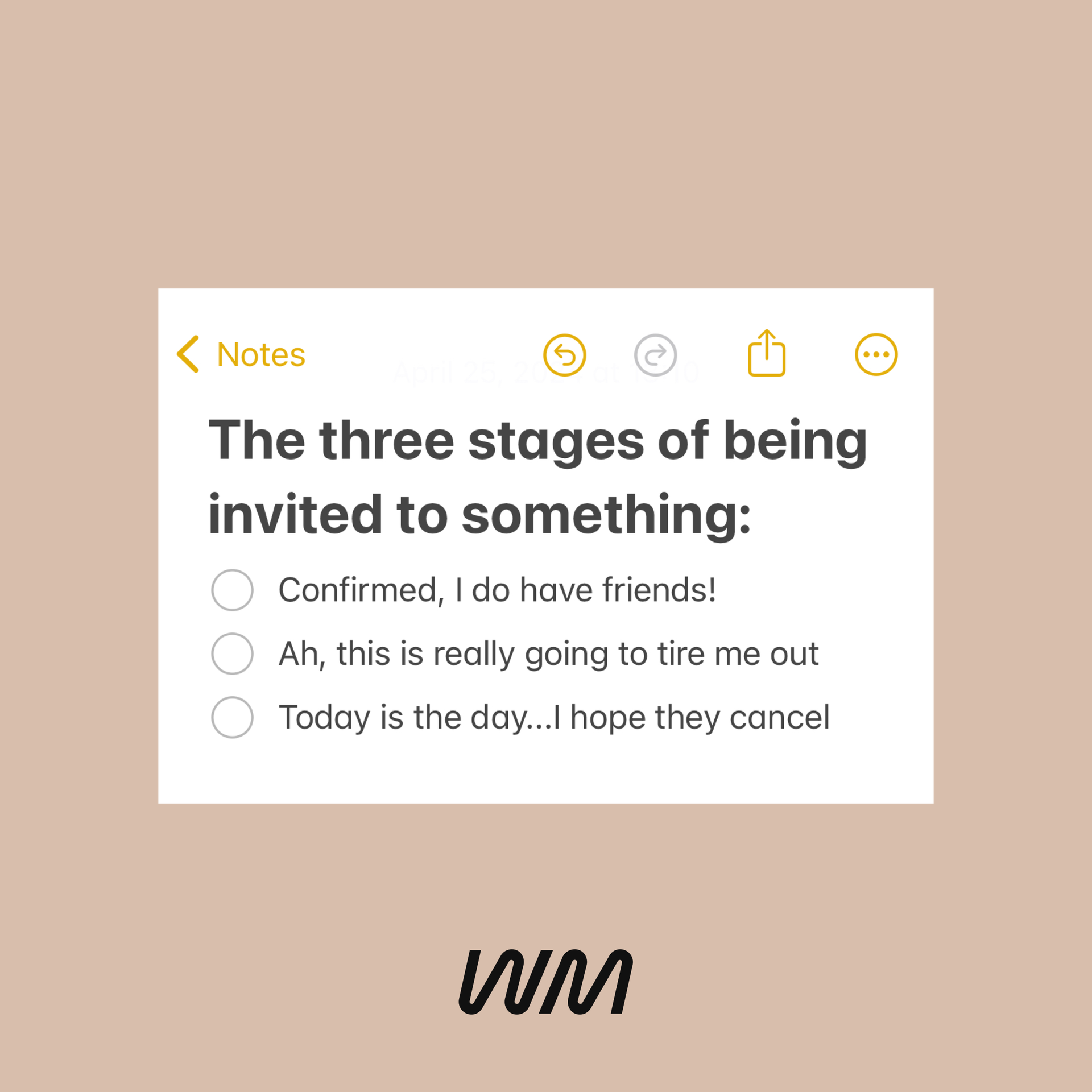


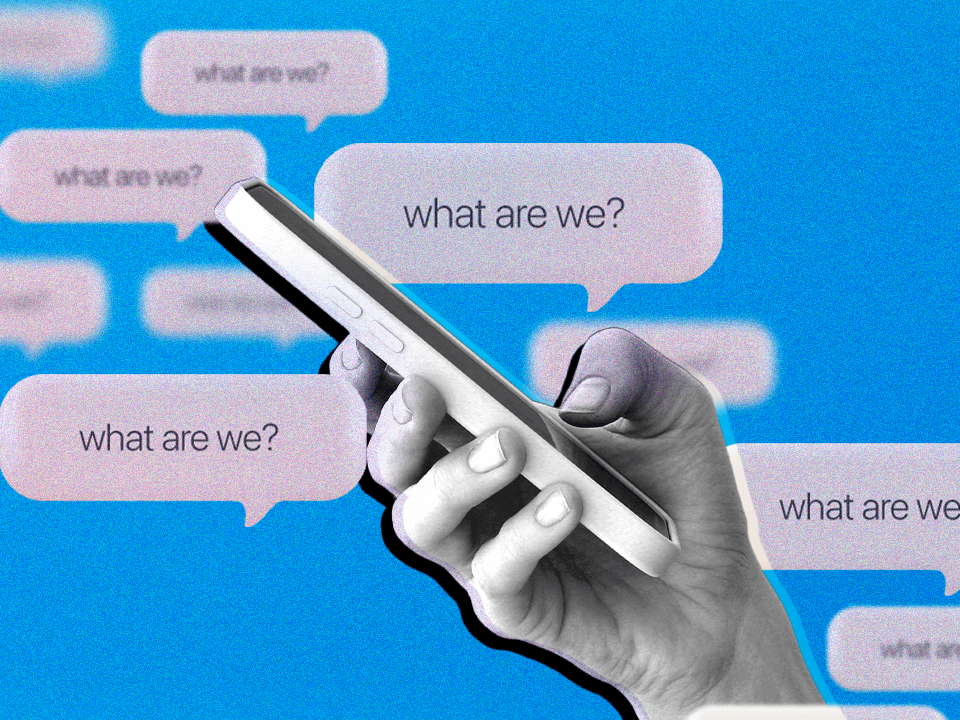
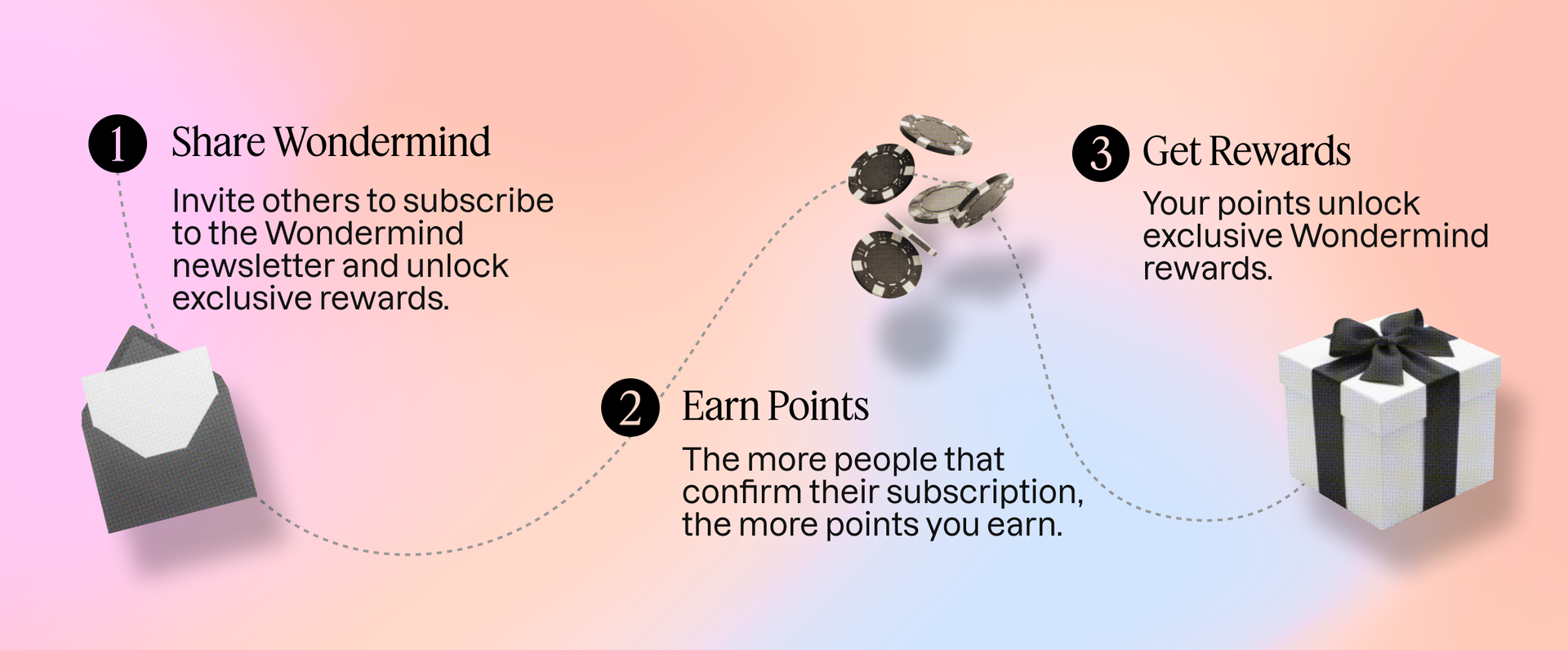
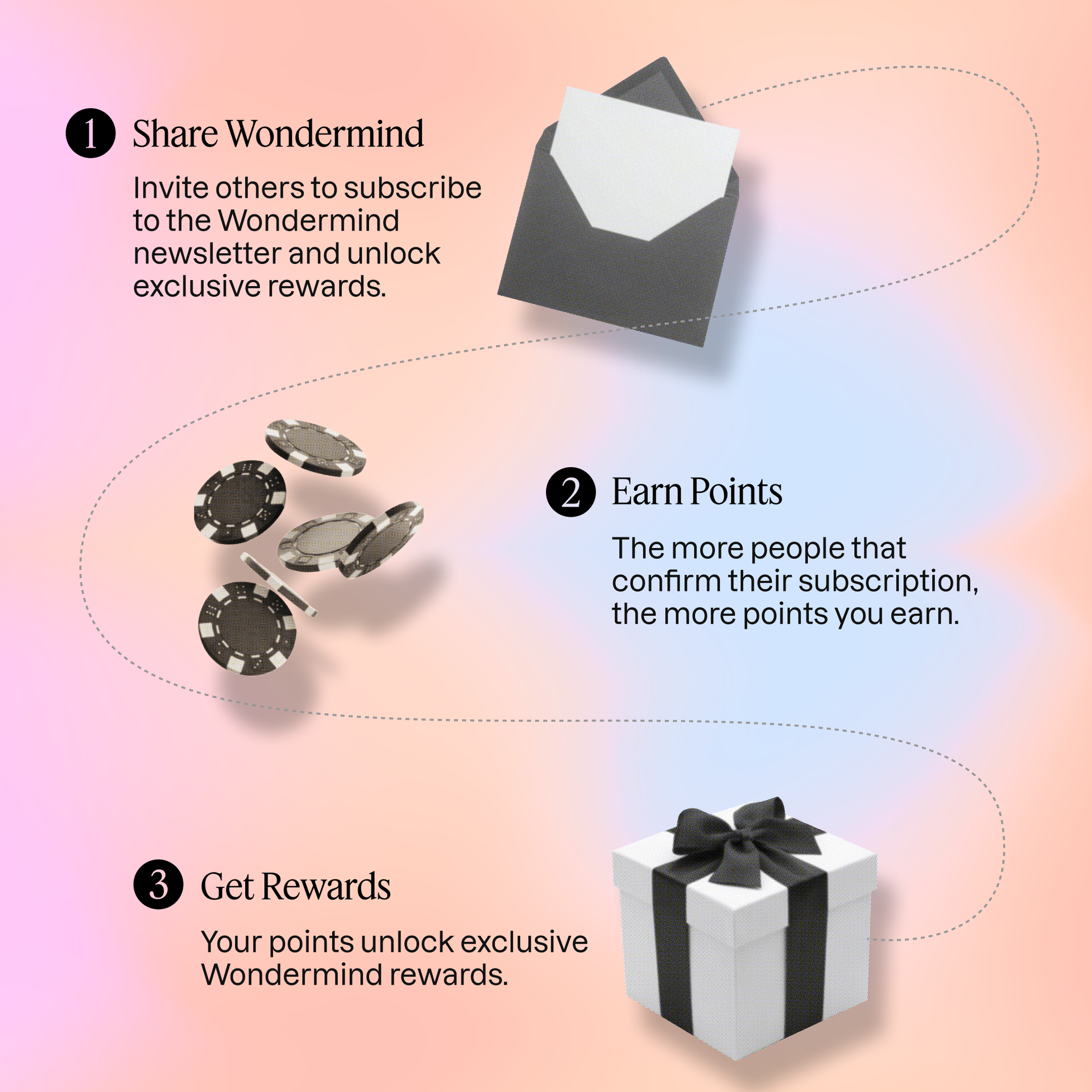

Nema komentara:
Objavi komentar